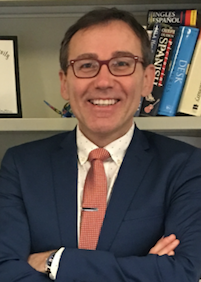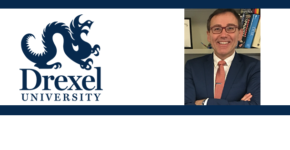 On Drexel University Week: COVID-19 has disrupted many spaces, including cultural activism.
On Drexel University Week: COVID-19 has disrupted many spaces, including cultural activism.
Rogelio Miñana, professor of Spanish and global studies, explores how we can foster partnerships in a post-pandemic world.
Rogelio Miñana is Professor of Spanish and Global Studies and Vice Provost for Global Engagement at Drexel University in Philadelphia. In both his scholarship and teaching, he explores the interplay between the traditional humanities, youth organizations, and community activism. He has published three books on early modern prose, including Living Quixote: Performative Activism in Contemporary Brazil and the Americas (Vanderbilt UP, 2020). He has lectured in over 20 countries and published extensively on Spanish-language community-based learning, instructional technology, and the academic configuration and social location of language departments.
Global Engagement in the Post-Pandemic Era
I study how nonprofits across the Americas adapt the Spanish classic Don Quixote. Activists in Brazil or the United States create and perform stage adaptations of classic literature, including Don Quixote, to increase the visibility and raise the cultural profile of underrepresented youth. At the neighborhood level, classic literature continues to be not only culturally relevant, but also socially consequential.
This global/local space of cultural activism has been profoundly disrupted by the Covid-19 pandemic, with face-to-face activities and funding disappearing almost overnight. Universities also halted international travel, which had a negative effect on transnational research. As both scholar and Vice Provost for Global Engagement, I face the daunting task of strengthening global activities during a global pandemic.
Solutions to world problems, however, require transnational collaborations. Multinational teams of scientists develop life-saving vaccines, racial justice and human rights mobilize societies, and climate change unfolds at a global scale. In the post-pandemic era, partnerships between U.S. and foreign institutions will continue to produce transformative research. Here at home, we ought to support civically-engaged scholarship with migrant, refugee, and underserved communities as well as with multinational entities such as corporations, museums, and nonprofits.
Out of the horror of a global pandemic, higher education must facilitate foreign and local partnerships that advance research and educate global citizens.

Comments
4 responses to “Rogelio Minana, Drexel University – Global Engagement in the Post-Pandemic Era”